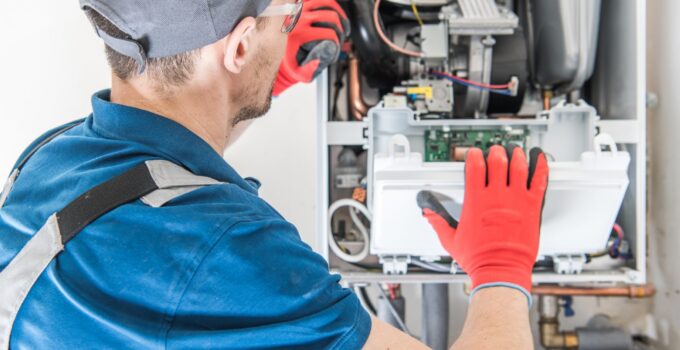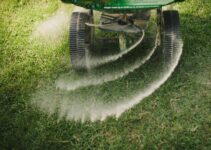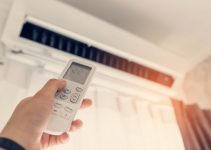Heating Interface Units (HIUs) play a critical role in providing heating and hot water in properties connected to district heating systems. HIUs manage the distribution of heating and domestic hot water, making them central to the comfort of residents and businesses. When they malfunction, it can cause significant disruptions. Knowing when to call a professional and understanding the process can save time and money.
What is an HIU and Why it Matters
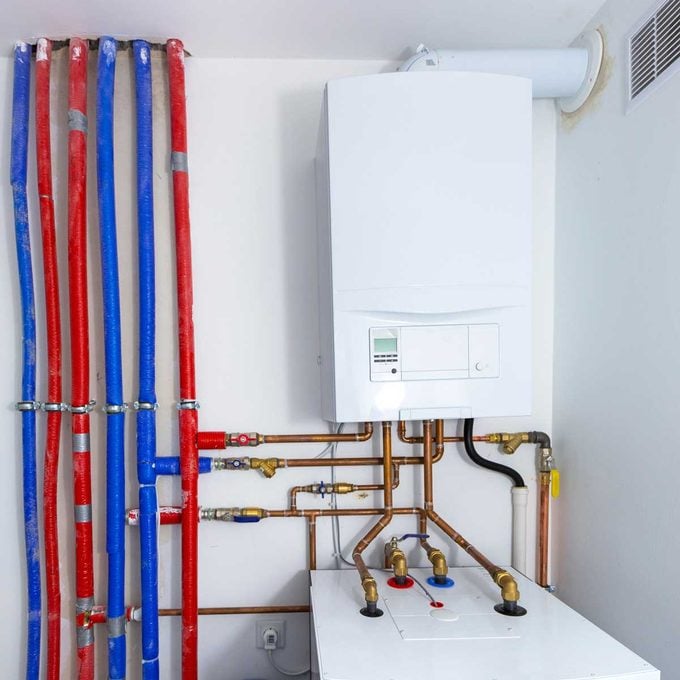
Source: familyhandyman.com
An HIU transfers energy from a central source to individual properties. It regulates heating and hot water supply, so it needs to operate efficiently at all times. Problems can occur over time due to wear and tear, and if ignored, small issues may lead to expensive breakdowns. Maintaining an HIU ensures the system works as intended and can prevent unnecessary heating losses.
When to Call a Professional
You should call a professional when any issue affects the performance of your HIU. The signs vary, but several common symptoms include strange noises, fluctuating temperatures, or water pressure problems. If your heating feels inconsistent or your hot water supply becomes unpredictable, it’s time for expert help.
HIU repair requires technical expertise, especially when dealing with faults such as damaged heat exchangers or malfunctioning control valves. DIY solutions often lead to more damage, as incorrect handling of parts may worsen the issue. For the best results, hire a professional to diagnose and correct the problem. Trusting professionals from R&B London for HIU repair can ensure that the unit gets back to optimal working condition quickly and efficiently.
Clear communication is important. Ask for a detailed breakdown of the work needed, including expected costs. Avoid companies that hesitate to provide transparent pricing or timelines. You want a reliable partner who values both quality and customer satisfaction.
Common Problems in HIUs
A range of issues can occur with an HIU over time. Understanding common faults can help you identify when repairs are necessary. Here are the most frequent problems that professionals encounter:
- Heat Exchanger Failure: One of the most important components in an HIU is the heat exchanger. A failure in this part can lead to the system not transferring heat effectively. Immediate action is required to avoid further damage.
- Pressure Issues: If the unit is not maintaining pressure, it might indicate a leak or air trapped within the system. Low pressure can lead to an inefficient system or no heating at all.
- Faulty Control Valves: Control valves regulate the flow of water and heat. When valves malfunction, it can result in too much or too little heat being supplied, making the system inefficient.
- Sensor Problems: Sensors within the HIU ensure that the correct temperature is maintained. Faulty sensors can lead to erratic performance, with heating systems either overheating or failing to warm up sufficiently.
- Water Leaks: Water leaks in the HIU could point to corrosion, a faulty gasket, or broken pipes. Any visible leak should be addressed immediately.
What to Expect During an HIU Repair
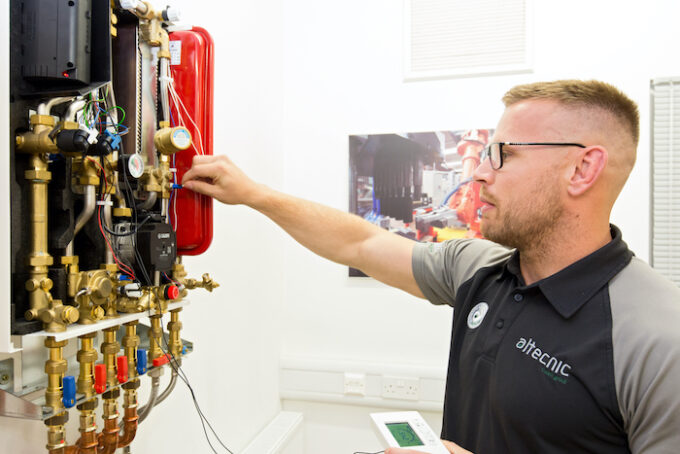
Source: phamnews.co.uk
When you call a professional for HIU repair, expect a systematic approach. Technicians will first conduct a full assessment to identify the root cause of the issue. This process involves checking each component, including heat exchangers, valves, and sensors. Diagnostics are essential in pinpointing the exact problem.
Once diagnosed, repairs may involve replacing faulty parts. Common repairs include heat exchanger replacement, valve fixes, and sensor recalibration. Technicians may also flush the system to remove debris or trapped air. This ensures better performance and efficiency.
Some repairs can be completed quickly, while others may take longer depending on the complexity. For example, replacing a control valve might only take an hour, whereas a full heat exchanger replacement might require more time. The technician will provide a clear explanation of what to expect, including costs and time frames.
How Maintenance Prevents Frequent Repairs
Maintenance is key in extending the lifespan of an HIU. By scheduling regular service visits, you can avoid the need for frequent repairs. Maintenance checks involve cleaning components, flushing the system, and testing performance. A well-maintained HIU performs better, consumes less energy, and requires fewer repairs.
Without regular maintenance, an HIU can quickly develop problems. Neglected systems tend to accumulate debris, leading to blockages and pressure drops. Over time, components wear out faster, resulting in more frequent breakdowns.
Professional maintenance services include a full check-up of the system’s performance, ensuring all components are working as they should. Valves are inspected, heat exchangers are cleaned, and sensors are recalibrated. By addressing small issues early, technicians can prevent major faults.
Safety Considerations
Repairs often involve handling hot water, pressurized systems, and electrical components. Safety is paramount when working with such systems. Attempting DIY fixes can be dangerous. It’s always best to leave repairs to qualified professionals who understand the risks involved.
Technicians follow strict safety protocols to ensure the system operates safely and efficiently. They have the training to handle high-pressure environments and understand how to minimize risks. If your HIU presents any safety concerns, do not hesitate to call a professional immediately.
Reducing Costs Through Efficiency
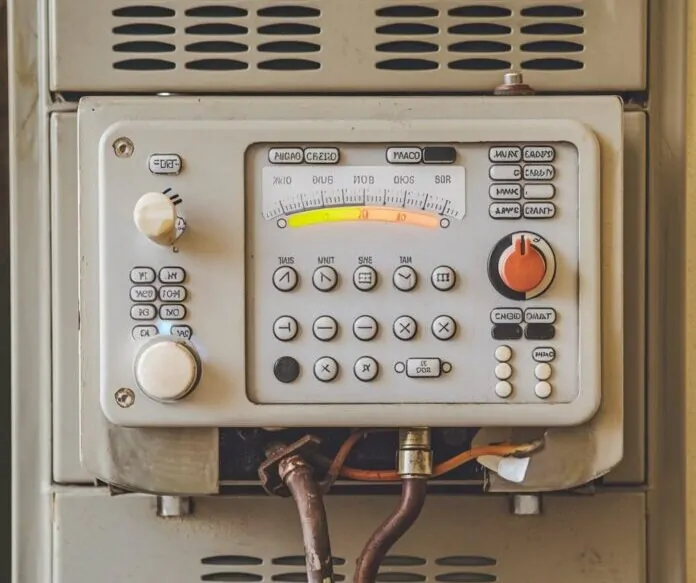
Proper HIU maintenance not only extends the life of the unit but also helps reduce energy costs. An efficient HIU requires less energy to heat water and maintain indoor temperatures. By keeping the unit in peak condition, you save on both repair bills and energy expenses.
Neglecting the unit leads to a drop in efficiency. As the system works harder to deliver heat and hot water, energy consumption increases. Routine maintenance helps avoid this by keeping the system in optimal condition. Efficient systems consume less energy, which translates into lower utility bills.
Conclusion
HIU systems are essential for providing heating and hot water in properties connected to district heating networks. They require regular maintenance and occasional repairs to ensure they continue operating efficiently. Knowing when to call a professional is key to avoiding major issues and extending the life of your unit.
Don’t hesitate to reach out to experts for HIU repair at the first sign of trouble. Professionals will diagnose the problem, recommend solutions, and ensure your system runs smoothly.

